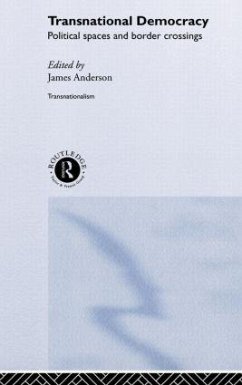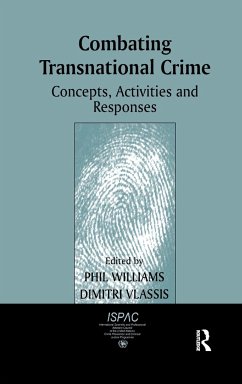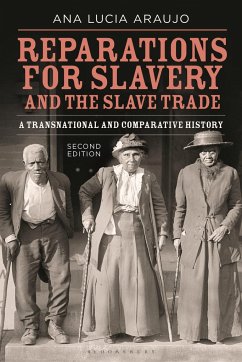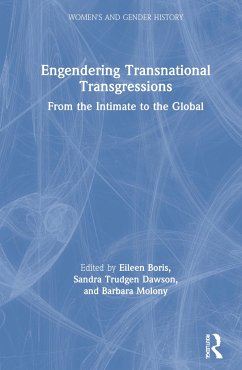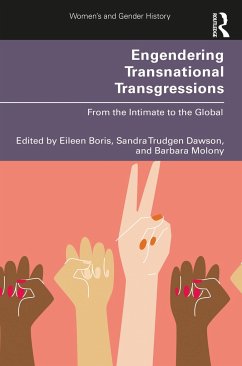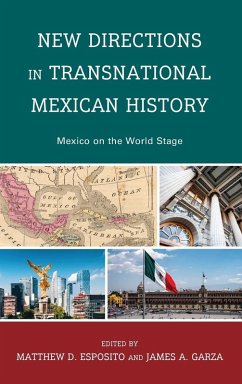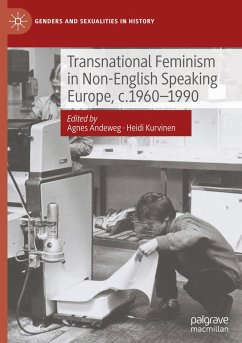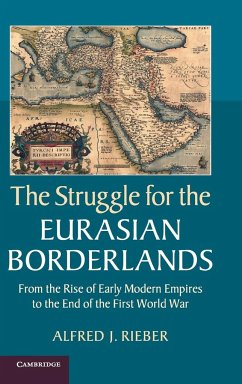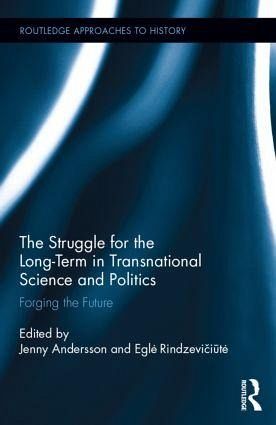
The Struggle for the Long-Term in Transnational Science and Politics
Forging the Future
Herausgeber: Andersson, Jenny; Rindzevi¿i¿t¿, Egl¿
Versandkostenfrei!
Versandfertig in 1-2 Wochen
177,99 €
inkl. MwSt.
Weitere Ausgaben:

PAYBACK Punkte
89 °P sammeln!
This book reconsiders the power of the idea of the future. Bringing together perspectives from cultural history, environmental history, political history and the history of science, it investigates how the future became a specific field of action in liberal democratic, state socialist and post-colonial regimes after the Second World War. It highlights the emergence of new forms of predictive scientific expertise in this period, and shows how such forms of expertise interacted with political systems of the Cold War world order, as the future became the prism for dealing with post-industrialisat...
This book reconsiders the power of the idea of the future. Bringing together perspectives from cultural history, environmental history, political history and the history of science, it investigates how the future became a specific field of action in liberal democratic, state socialist and post-colonial regimes after the Second World War. It highlights the emergence of new forms of predictive scientific expertise in this period, and shows how such forms of expertise interacted with political systems of the Cold War world order, as the future became the prism for dealing with post-industrialisation, technoscientific progress, changing social values, Cold War tensions and an emerging Third World. A forgotten problem of cultural history, the future re-emerges in this volume as a fundamentally contested field in which forms of control and central forms of resistance met, as different actors set out to colonise and control and others to liberate. The individual studies of this book show how the West European, African, Romanian and Czechoslovak "long term" was constructed through forms of expertise, computer simulations and models, and they reveal how such constructions both opened up new realities but also imposed limits on possible futures.





